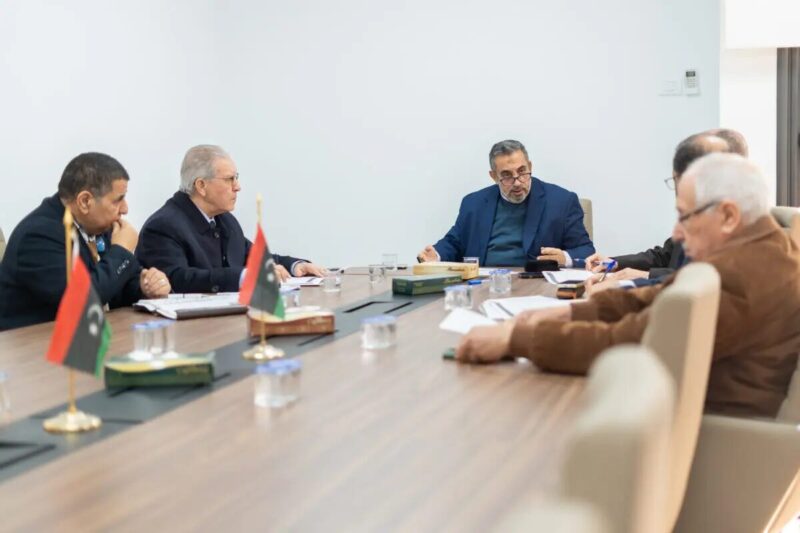Libya’s “Gateway to Africa”: A New Silk Road?
Boosting trade, creating jobs, and driving economic growth

For centuries, the Silk Road served as a vital network of trade routes connecting East and West. More than just a means of exchanging goods like silk, spices, and precious metals, it fostered the exchange of ideas, cultures, and technologies. This facilitated economic growth, cultural enrichment, and the development of great civilisations across Eurasia.
Echoing this spirit of connectivity, the Libya Africa Investment Portfolio (LAIP) is spearheading a bold move to reshape the future of African trade with the announcement of a major infrastructure project, the “Transit route to Africa” initiative.
This ambitious undertaking aims to establish modern transit corridors linking North and Sub-Saharan Africa, positioning Libya as the continent’s premier transit hub and facilitating the seamless flow of goods.
The project will focus on developing two strategic corridors:
- The Western Gateway: A modern highway will connect Misurata, Libya’s thriving commercial port on the Mediterranean, to Agadez, a key trading center in Niger. This route will open up efficient trade routes between North Africa and the heart of the Sahel.
- The Eastern Gateway: This vital artery will link Benghazi, Libya’s second-largest city, to Sudan, passing through the strategically important oasis town of Kufra. This corridor will unlock new trade routes to East Africa and beyond.
The “Transit route to Africa” project is expected to deliver significant economic benefits, including reduced transport costs, increased trade and investment, job creation, and regional development, particularly in Libya’s southern regions.
To ensure the project’s success, LAIP has been tasked with commissioning comprehensive feasibility studies from leading international consulting firms.
These studies will assess the project’s economic viability, environmental impact, and social implications. They will also explore various investment models, including public-private partnerships, to secure funding and expertise.
A newly formed Supreme Committee, comprising representatives from key government ministries and agencies, will oversee all project phases. This committee will be responsible for planning, budgeting, implementation, and monitoring of the “Gateways to Africa” initiative.
By investing in this ambitious infrastructure project, Libya is demonstrating its commitment to regional cooperation and economic development.
The “Transit route to Africa” initiative has the potential to transform Libya into a major player in continental trade, fostering greater connectivity and shared prosperity across Africa.
How to submit an Op-Ed: Libyan Express accepts opinion articles on a wide range of topics. Submissions may be sent to oped@libyanexpress.com. Please include ‘Op-Ed’ in the subject line.
- Libya electoral body reviews reform proposals - January 11, 2025
- UK Retailers Turn to Automation as Labour Costs Surge - January 11, 2025
- Italy seeks EU sanctions pause on post-Assad Syria - January 11, 2025


